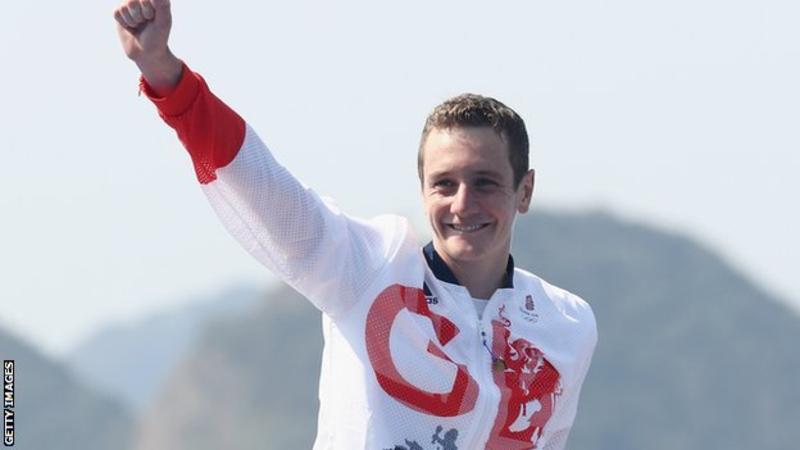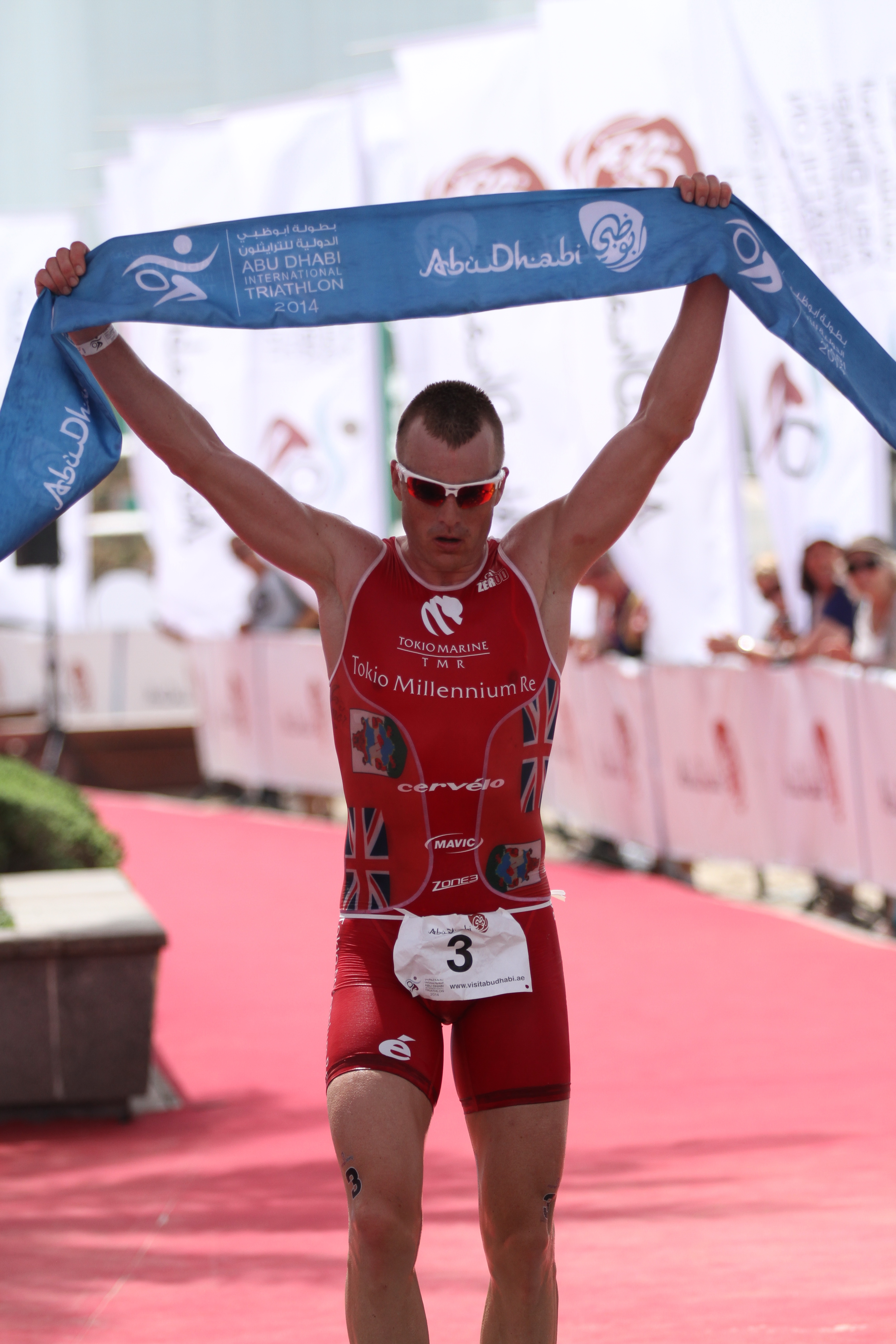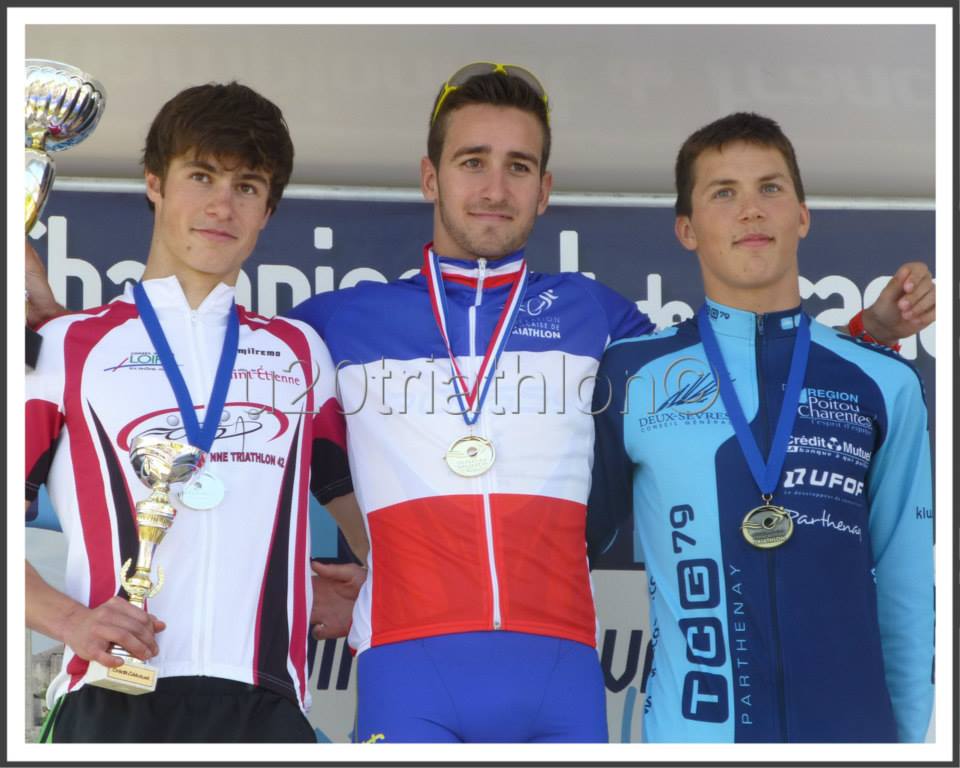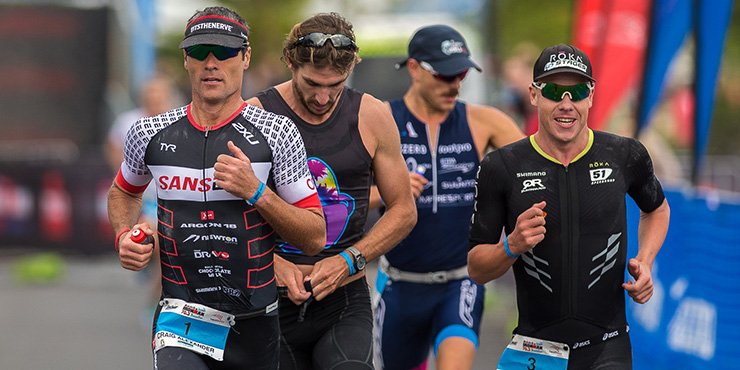Time passes quickly for an elite athlete. You win one race and move on to thinking about the next. You get through an Olympics and a World Championships is upon you, or a Europeans, or a Commonwealths.
Always another target, always another rival.
And then you look up, and the world has moved on. Stronger rivals, the old times harder to hit. The targets have to change because your body is no longer the same and some of the old motivations have leached away too.
And so this was supposed to be the end of Alistair Brownlee’s Olympic triathlon reign. One Games as a baby-faced 20-year-old, going close to a shock outsider win, two more when he arrived as favourite and stormed to gold in dominant fashion.
Since then his focus has been all on the longer stuff, the golden boy grown into an Ironman. A year ago he was ready to publicly admit what most insiders thought anyway: he was done with the old road. Tokyo 2020 was for his brother Jonny and the kids coming up behind.
Except old habits and obsessions die hard. Brownlee, against the odds, against all expectations, is coming back for one final heist.
« A year ago I wouldn’t be doing this, because I knew I couldn’t cope with another bad injury, » he says. « I just wanted to be able to run and compete and enjoy it.
« But in the past year I haven’t been injured. I’ve really enjoyed training and I’ve really enjoyed competing, and preparing to compete.
« And so the decision crept up on me a bit: I want to go to another Olympics, and I want to see what I might be able to do.
« The people around me – I think most of them expected it, even though I didn’t expect it myself. But I do feel quite good about it.
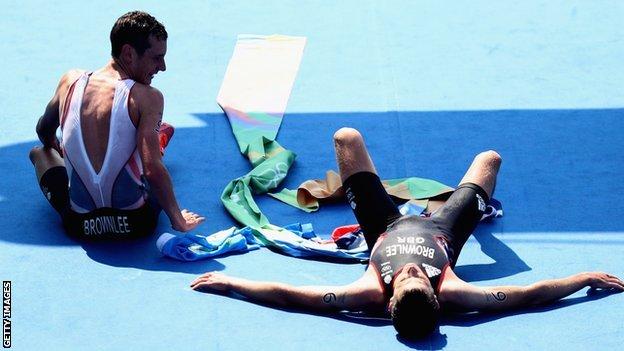
« I’m happy, because I want to be racing on the biggest stage, and being competitive. The 12-year-old me dreamed of going to one Olympics. So to pass up the chance of just seeing where it leads me this year would be a bit mad. »
Mad not to go, a great gamble to try. Brownlee will be 32 by the time Tokyo comes around. His last win in the preeminent World Series came in June 2017. His last World Series race over the Olympic distance of 1500m swim, 40km bike and 10km run ended with him trailing home in 44th place.
From 2009 to 2016 he was the greatest one-day racer the sport has seen. He didn’t always win the world title, which rewards consistency as much as dominance, but the smart money and the eyeballs always followed him on the biggest occasions.
It was also always death or glory. In 70 starts in International Triathlon Union races, he has 37 wins. In only 12 other races did he make the podium. Brownlee became triathlon’s superstar because he raced like no-one else. Second was the same as sixth which was the same as 20th.
Which makes his Tokyo dream all the more complex. He no longer has the old certainties of form. In his absence, rivals like Spain’s Mario Mola and Fernanda Alarza or France’s Vincent Luis have changed the game. There are men who can match him over the 10km run. How does a great champion cope with the idea that sixth might now be a great success?
« It’s quite easy to get carried away and think, I’ll only go if I can win medals, » he says.
« Well maybe, but I need to look at it one step at a time. Do some World Series racing, see how competitive I am. Try to qualify, see how that goes.
« In my head, the perfect scenario is that I’m in a position where I’m stood on the start-line and I think I can win the race. But if I’m instead thinking I can scrape a third here, or I’m thinking, I could help another British athlete win a medal here – I would be happy with that. I would.
« In a really strange way, I’m in a better position now than I was before the last three Olympics. In 2008 I didn’t think I’d be going. In 2012 at this stage I’d torn my Achilles. And in 2016 I’d had an operation on my ankle; there were issues with my hamstring. This time I’ve got nothing wrong with me at all. »
Self-belief and realism, obsession and optimism. For all the public caution, the old fires still burn inside.
I ask him how Jonny is feeling about his comeback, having taken bronze behind him at London 2012 and silver four years later in Rio. This was supposed to be Jonny’s turn to lead, without the protection his big brother offered but free too of the ingrained sense of being forced to follow.
The ruthless side of the elder brother has never been more obvious than on the road that ran alongside Copacabana beach in the last few kilometres in 2016, the two of them clear of the pack, Jonny telling Alistair they could relax, Alistair seeing weakness in this and kicking away to put his brother in his wake once again.
Maybe they could find themselves in the same position again in Tokyo. Would Alistair help Jonny then? Would he step aside to let his brother take the glory for once?
« No! I’d still be absolutely ruthless, » he laughs.
« I think Jonny is happy that I’ll be racing, although he’d probably never say it.
« He’s aware that I was committed to helping him, so I’d be doing that sort of training to help him get there. So that’s not changed that much.
« You have to work out the challenges and how you’re going to prepare for those challenges. London was pressure and having to run really quick because we knew it was going to be a fast run. Rio it was warm and about that big hill on the bike leg.
« Tokyo is the heat, and I do think that might be a bit of an advantage to me, because it makes the race tougher and slower. A big physiological drag.
« It will reward really good preparation, being a bit out of the box in how you prepare. I’ve done a lot of experimentation with heat in the past year, so I think that will help. If it were a cool-climate fast race like London, that would be harder for me.
« The one thing I’m not worried about is the racing part. Just get me to the start line in decent shape. Get there in the right position to race. »
You wonder how Mola and Alarza, Luis and Javier Gomez, the multiple world champion also targeting a late Olympic comeback, might react when they hear the news.
Does the old aura still hold? Will they now be thinking of ways to beat the Brownlees, rather than ways to win it themselves? Might there even be a little bit of fear?
« Fear? Yeah. Maybe. That’s up to them, isn’t it? » he adds.
« Reputation? I guess. On one hand it’s the old ‘pressure is a privilege’ thing. You’re better having the aura than not having the aura. But it comes with expectation. It would be quite nice to just try and get a good result, and if it didn’t come off, I’ve still had a fantastic day. »
Brownlee will have a second aim in Tokyo. With the endorsement of the British Olympic Association he is seeking election on to the International Olympic Committee’s athletes’ commission. Should he win sufficient votes in the secret ballot that takes place before the Games, he will serve an eight-year term with 11 other Olympians, representing athletes’ views and concerns to those in power.
He has also not given up on Ironman, which consists of a 2.4-mile swim, 112-mile bike ride and marathon run. His debut last October at the World Championships in Kona, Hawaii, blew up in spectacular fashion on the marathon that completes it, a suffer-fest that he describes as the worst two hours of his life.
But he has qualified for this autumn’s race after winning Ironman Western Australia before Christmas, the physical and mental resilience those long hours have given him the foundation of this final, most unlikely of Olympic dreams.
« The suffering is very different. I’m not sure how relevant it is, » he said. « But Ironman training and the challenges around it have given me a renewed sense of enjoyment, of questioning why I’m doing it and how. That’s the biggest strength of it.
« It’s given me a kick up the bum, and forced to me to ask what I could do to be better. Getting nutrition really spot-on was something, in a strange way, I never worried about that much in Olympic distance. But it becomes literally the most important thing with Ironman.
« Recovering between massive days of training. Back it up, day after day. There was a lot of work and trial and error in the past year, and it’s renewed my excitement and vigour and interest in training and the sport, so that’s been really good. »
So why not stick to Ironman? Most have a brutal baptism when they first step up to Kona, but the best usually find a way. Germany’s Jan Frodeno, the last man to win an Olympic triathlon title before Brownlee, has now won three Ironman world titles.
Given a choice between a first win at Kona and a third at the Olympics, which would Brownlee choose?
« I’d rather win the Olympics again. It means a hell of a lot.
« There is something very special about the Olympics. It’s got emotional resonance for me, but it’s got emotional resonance for everyone. Whoever you are around the world, the Olympics is always special. »
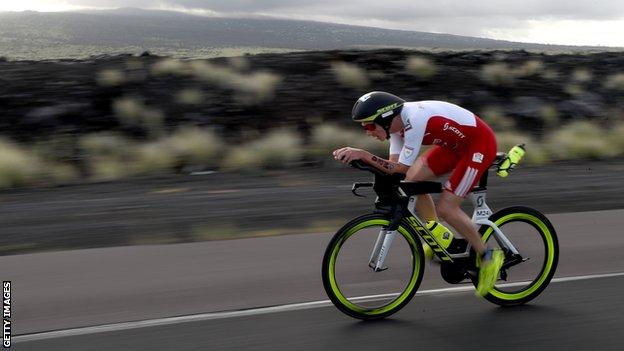
 English Version
English Version

